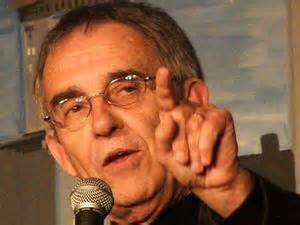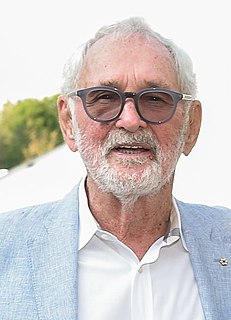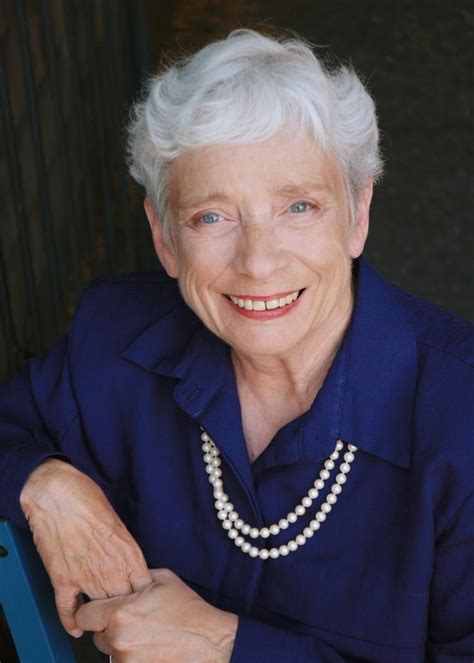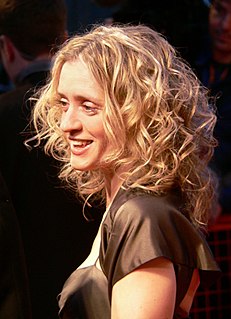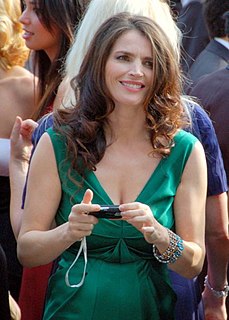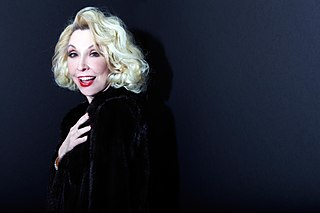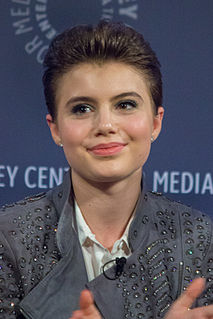A Quote by Paul Haggis
I just always try to find an interesting story and tell it well. That's a hard enough thing to do, whether it's a piece of fiction or it's a small piece of reality. I just look for good story.
Related Quotes
The story man must see clearly in his own mind how every piece of business will be put over. He should feel every expression, every reaction. He get far enough from his story to take a second look at it... to see whether there is any dead phase... to see whether the personalities are going to be interesting and appealing to the audience. He should also try to see that the things that his characters are doing are of an interesting nature.
Too many writers think that all you need to do is write well-but that's only part of what a good book is. Above all, a good book tells a good story. Focus on the story first. Ask yourself, 'Will other people find this story so interesting that they will tell others about it?' Remember: A bestselling book usually follows a simple rule, 'It's a wonderful story, wonderfully told'; not, 'It's a wonderfully told story.'
I think that when I'm telling a story, I'm doing the best I can to tell the story as fully as I can, and if there are various fractures that happen in the story, then that's just the very thing that the story is as opposed to my looking for avenues of difference in one story. They just really do exist. For me, anyway.
You are one miniscule piece of a never-ending cycle. In fact, you're not even a piece. You're just a holder for billions and billions of other pieces. Whether that's organic components, living organisms inside your body, bacteria or whatever it is, you're just part of the soup of the universe, so just try to enjoy what's good about it.
I think age is sometimes just a number. But it's a real joy. Young actors don't come with any of the baggage that we load ourselves up with. They're not worried about their profile, they're not worried about how good they look, or all the nonsense. They just tell the story and ask: "What happens in this scene?" Well, I'll do that then. And professionally it's good for you because it means that you're forced to do the same thing, and that's always a good thing.
If you have to tell a story without speaking, it's sort of like - I come from a dance background, so it's like a ballet where you have to tell a story with just your body. I think that's really interesting to have to tell a story with just your face and your mannerisms, and I'd like to tap into that world.
I'm not an activist. I'm a filmmaker. I'm a dramatist. My strength is to tell a story, to find a way to tell a story that makes it exciting. Our Untold History was a huge challenge. Snowden was no piece of cake, because writing code and breaking code is some of the most boring stuff you've ever seen.


